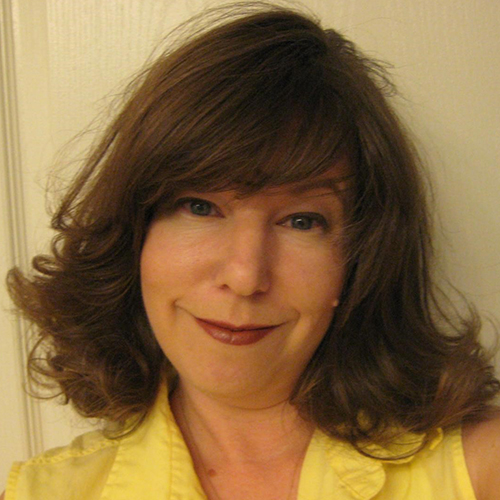
Suzanne Eassom, CF APMP Fellow (Class of 2008)
Partner
Wordman Speaks
Bio
Suzanne is a 25-year+ APMP member, an APMP Fellow, and APMP Compatriot. She is affiliated with the APMP-Western Chapter. She served as an APMP Board of Directors member for many years, as well as Director of Marketing and Communications and CEO-Elect (2007) and Director of Membership, simultaneously, for over five years. For several years, Suzanne also directed the APMP International Conference & Exhibits planning, registration, and coordination. She was in the first class of APMP members in the United States to achieve APMP Certification. Suzanne has lectured at annual conferences, and co-presented with Wordman (aka Dick Eassom, CF APMP Fellow - Past APMP CEO, and current California-APMP Chapter Chair) as Acrobat Girl. Suzanne is published in The APMP Journal of Proposal Management.
When Suzanne was Director of Marketing, she overhauled the APMP.org website to provide valuable archives of APMP publications to members, communication channels for news and events, online gateways for APMP local-area chapters worldwide, and improved membership and conference growth and processes.
Her efforts have given APMP higher visibility for professional alliances, corporate sponsors, members, and professional resources.
What's your best memory from attending an APMP event?
It is difficult, and perhaps reductive, to single out one event as the best. All of them have had their priceless moments and value to the profession. Perhaps seeing the overflowing breakout rooms for those offering their expertise and wisdom to newer professionals.
What advice do you have for a proposal professional entering our field?
Every opportunity is different, so don't mindlessly shoehorn even the best process stubbornly into each of them. Get to know your clients, and if you have the capability and readiness to meet their needs and requirements, you can win.









